Soldier’s Wife’s Story
I look at our relationship and know that it is nothing special, compared to everyone else who believes that they have found that special someone to spend the rest of their life with. Fortunately for me, I really have found her. Hardly a day goes by when I don’t think of her and our life together and give thanks for the blessing which is this soldier in my life.
She taught me to laugh, not to sweat the small stuff, and the meaning of unconditional acceptance. She has given me emotional shelter in a cold, dark world. I feel safe, at ease, contented, valued—feelings that I have learned to enjoy. She encourages the kid in me, and believes in me—often more than I believe in myself. She is everything I ever dreamed of in a woman in a relationship: she not only completes me but compliments me. I am so much better with her then I ever was without.
She is modest, even if she doesn’t think so. She isn’t quick to boast, but she served in the military during the first Desert Storm and has since worked with combat veterans, counseling them for PTSD and sexual assault as well as offering grief counseling for families of military personnel lost on active duty.
So why would this woman choose to serve yet again in a combat zone? She honestly believes that because they ask that she should go; that there is great honor in serving the men and woman who fight for our country. I don’t deny that. I don’t find fault with the folks who put their life on the line each and every day. I respect their choice to serve, and I am confident that they did not consider my sexuality when they went to fight.
The anger, the bitterness, and the isolation that I feel come from the fact that my wife is serving a country that doesn’t respect who we are. That refuses to acknowledge the depth of our relationship—a country where, while she serves, I do not exist beyond being the executor of her estate. That title alone makes it difficult for me to have faith in her safe return.
There are many support options available to the spouses of military personnel, including but not limited to the Family Readiness Group. These support options are only available to me in a limited capacity, only so long as I am willing to deny our relationship and who I am. We went to a yellow ribbon event, an event that is hosted by the Army, in this case to help the families and spouses of personnel awaiting deployment to understand and cope with the insanity that has become their norm. An event that is meant to help us all feel a little less alone. But I wasn’t allowed to stand with the rest of the spouses when they were applauded for the sacrifices that they are making while their husbands or wives deploy for the next year, nor was I allowed to admit that the tears I shed were for my wife and not my friend, my cousin, my sister-in-law, or whatever people assumed our relationship to be, since I was accompanied by my brother-in-law, and we share the same last name.
I want nothing more than to be able to stand next to my wife, in support of her while she serves this country—our country—proudly, openly, without fear of what may come from people recognizing not only what we are, but who we are to each other.
My soldier often tells me that partners are more afraid of outing the soldier than the soldier is of being outed. I don’t want to know if that is the truth. I truly do not wish to jeopardize my wife’s military career. I am just tired of feeling as if I have been forced into hiding. Forced to live in the shadows, denying who I am, only wishing to live without restriction and government-imposed limits.
At her insistence, I must point out that there are those within the military who do not agree with the Don’t Ask, Don’t Tell policy and recognize that one’s willingness and ability to serve our country has nothing to do with his or her sexuality. Unless, of course, the lack of support offered to a soldier’s support system due to their sexuality has a bearing on one’s ability to serve.
Soldier’s Story
On June 23, 2006, our priest blessed our union. Although we could not be a couple legally in the eyes of the State, we could be together in the eyes of God, our family, our Church, and our friends.
The essence of our relationship changed, our commitment to each other deepened. We couldn’t just walk away from the relationship.
My job was in Madison, and my partner lived in our home in Illinois, waiting for her daughter to finish school. But, the weekends were ours. For two full years, until August 2008, this was our life.
In 2007, I was recruited by the Army. My military past was whispering to me, and I was needed. I was needed, I was asked, and I was willing to return to the military. We talked about it and she saw my passion, even if she didn’t understand it. She told me later that the process was very difficult to participate in. I realized much later how difficult this has been on her. It wasn’t until I was alerted for deployment that I began to understand.
When Iowa allowed marriage, we talked about doing it, and time passed. I could tell that my partner needed the legal recognition. However, we procrastinated. She let me take the lead since the Don’t Ask, Don’t Tell policy meant that getting married in Iowa could cost me my military career.
At this point, I ask for your indulgence. Let me wander a bit because I like the story of our marriage application. In July 2009, I had my partner email me the link to print the marriage registration for Iowa at my office. I filled it out. On the application, she was able to take my last name. I was honored she wanted to take my name. On our anniversary, July 23, I had her pick me up from work and take us to the downtown US Bank building to get our registration notarized. At this point we realized that you must have a witness who actually knows you to witness the application. We arrived at 4:35 p.m., and the bank closed at 5:00. We had 25 minutes to find someone to get to the bank to sign the document. We walked outside somewhat disappointed and saw the crowd gathering for the Concert on the Square. We went up to two complete strangers: two men who were obviously “family.” Both were willing and eager to witness our registration—it was so cute—but one had to stay with the blanket as the other crossed the street to the bank. When you are a member of the LGBT community, you are never completely strangers, just friends who haven’t met yet. So, the document was witnessed and signed on our anniversary.
Next came arranging for the magistrate to officiate the wedding ceremony in Iowa. We called several magistrates to see what dates we could get. We had hoped for my partner’s birthday, but we settled for August 1, 2009. My partner’s sister and brother-in-law stood up for us. We invited our priest, completing our cycle of our church ceremony, and my wife’s oldest daughter, who was unable to come to the church wedding, was able to be there for our marriage. This was a miracle moment in my life. The magistrate in Iowa was fabulous. The ceremony was simple and beautiful. It reinforced our union vows and deepened my love for my wife.
The church ceremony will always be our anniversary. For me, the church ceremony fulfilled my recognition of our commitment and love for each other. However, for my wife (and possibly our priest), getting married in Iowa was necessary to complete the cycle. I was a “good Catholic girl” after 16 years of Catholic Schools. Church ceremonies are a dedication of your love, that spiritual union that no one could sever. However, for my wife, having to endure the government not only placing her on the sidelines because of Don’t Ask, Don’t Tell, but blocking her out totally from a military spouse experience. The legal ceremony in Iowa, with the capability of changing her name without effort, was what she needed to feel the completeness of our marriage.
One of the things I do is to clearly define words such as “honor.” I had defined honor in marriage as part of my couple’s therapy practice. I had defined military honor in those couples’ sessions as well. Now I sat in the chapel and for some reason those definitions were rambling around and hit me square in the heart. The honor of a soldier was one of my reasons for returning to the uniform; having the courage and integrity to face difficult situations with openness and honesty. Personal honor makes a soldier stand tall, look you square in the eye, and have a sense of confidence in the world. Personal honor for a soldier means that you do right for right’s sake. This flash in my mind was compared to the honor shown a wife. The gentler, calmer honor. The desire to listen and respect your spouse. To validate and support them in their life. To encourage growth and watch your spouse thrive because of the love and support that you give them. This honor, the honor I feel for her as my wife, normally brings me peace and serenity—that calmness and certainty that the world is right.
Those two honors clashed at that moment in the chapel during my annual training. My world as a lesbian and my world as a soldier collided at that moment. I was neither honoring the woman I love with all my heart nor was I an honorable soldier because I did not have the courage to talk about this love. The intense sadness, regret, despair, anger, and frustration that I felt at that moment were unbearable. Tides of emotion swept over me and pulled me out to sea. At that moment I realized the enormity of how the Don’t Ask, Don’t Tell policy creates soldiers who must dishonor the Army and their family. At that moment I felt the depth of my dishonor.
As I write this, I know, without a doubt, the amazing Love (Love with a capital L) of my partner. This Love started well before our union ceremony and was confirmed by our marriage. However, it has been tested by my rejoining the military. Tested each time someone asks me about my wedding ring. Tested each time my partner participates in a military event and is introduced simply as herself. We refuse to dishonor the relationship further by having her be referred to as friend. She is not just my friend, but the Don’t Ask, Don’t Tell policy dictates that I not introduce her as my wife. On my military forms she is a family member or the executor of my will. Our sharing a last name has eased some of the questions.
As I write this, the stress increases as I get closer to deployment. I can tell this because I talk faster and more. I am more scatter-brained. I am more of a homebody, I get less done, and I drink more. As a social worker, I can recognize the signs of stress in myself. As a workaholic, I can cover them up so that no one notices my faults. No one except my wife, that is. She sees them, she hugs me, she loves me through my faults without judgment. “It is what it is,” she says. I am a soldier, and she loves me anyway.
On October 10, my wife got on the bus in Madison and went to the march in Washington. I am so proud of her. She expresses her distaste of the military while expressing her love of her soldier. She is my voice that wants to scream and cry, “I am a soldier! I am married to a woman! I am proud to serve my country! I am proud to love my wife.” I drove her to that bus and enviously saw her off on it. The closer my deployment comes, the more I want to scream the absolute unfairness of Don’t Ask, Don’t Tell. She is my wife, legally and spiritually. She is not eligible for healthcare like other spouses. She is not allowed to be acknowledged like other spouses. She is not allowed to demonstrate her pride in me, and I am not allowed to express my pride in her.
Deployment is much easier on the soldier. I have a task to do. I’ll go do it anywhere in the world I am sent, and I’ll do it well. She has to stay back and worry. She has to answer the questions from friends and family about me and what I am doing. She has to see the news every day and feel the anxiety of the “what ifs.” I have a job to do and I’m going to go do it and return to the woman I love. As I hugged my partner before she got on the bus for Washington, DC, both she and I knew that this hug could be the last for a year. The next day, I went to training for my deployment.
Thank you my Love, my heart, and the voice for us both. I Love You.
*Editor’s Note: Legislation to repeal DADT was enacted in December 2010, specifying that the policy would remain in place until the President, the Secretary of Defense, and the Chairman of the Joint Chiefs of Staff certified that repeal would not harm military readiness, followed by a 60-day waiting period. A July 6, 2011, ruling from a federal appeals court barred further enforcement of the U.S. military’s ban on openly gay service members. President Barack Obama, Secretary of Defense Leon Panetta, and Chairman of the Joint Chiefs of Staff Admiral Mike Mullen sent that certification to Congress on July 22, 2011, which set the end of DADT on September 20th, 2011.

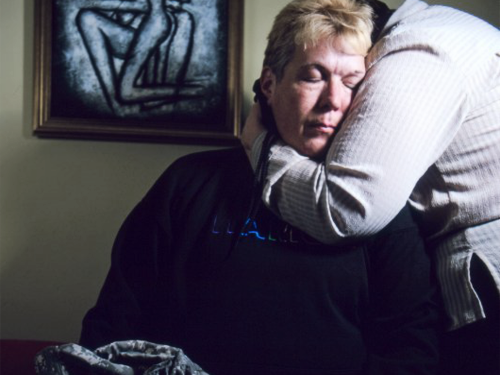






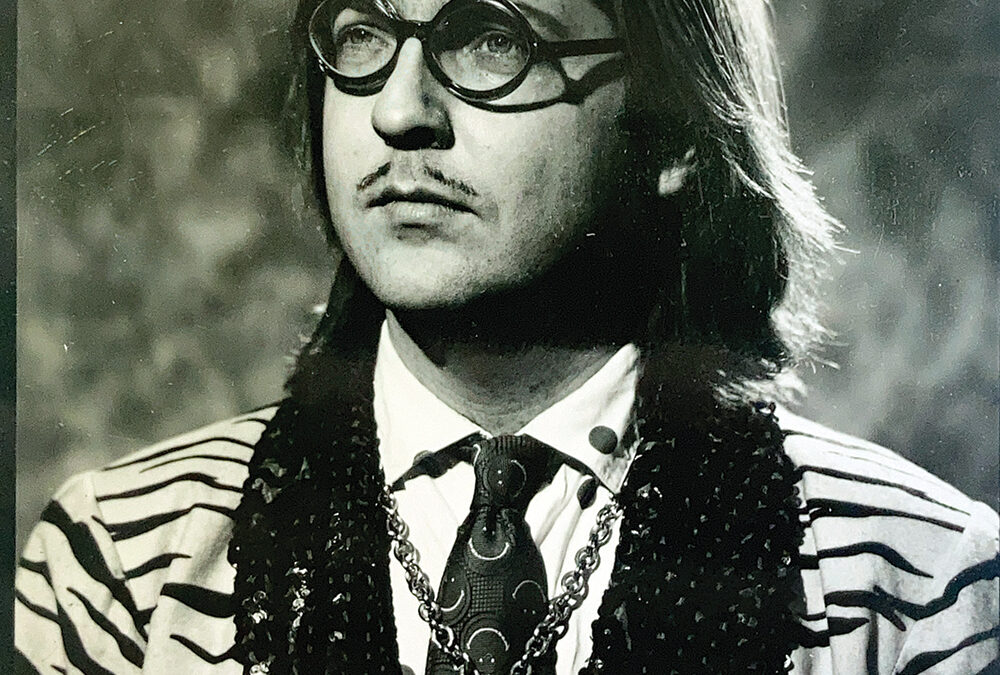

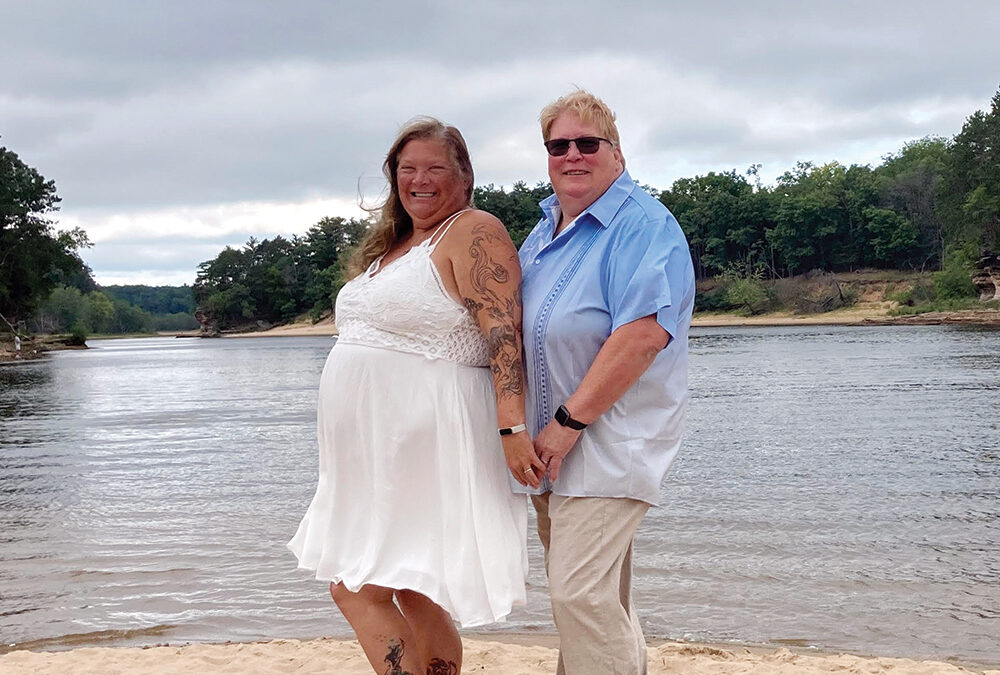
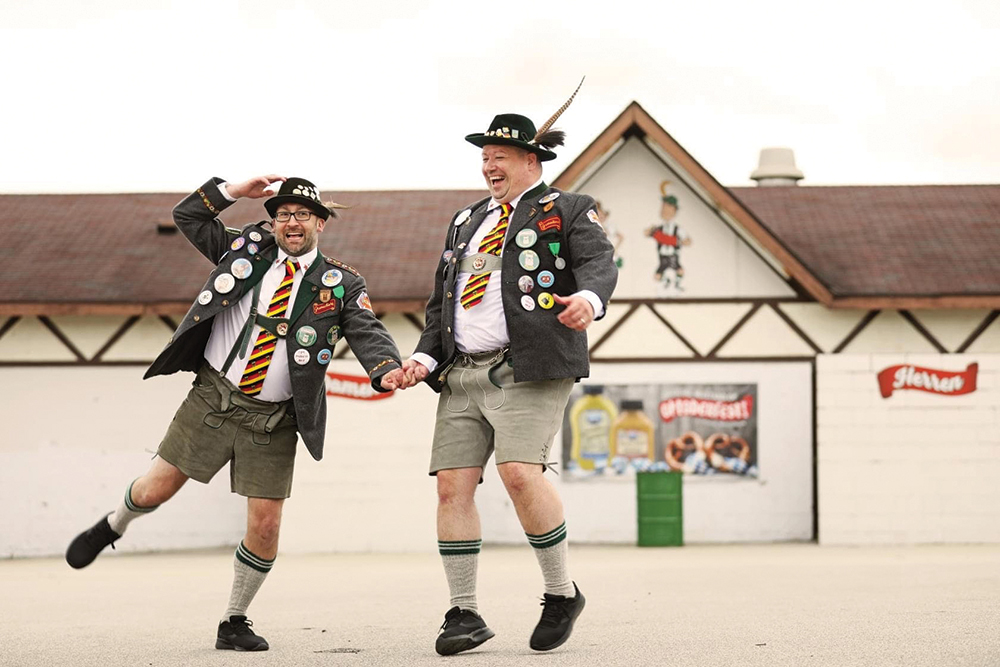
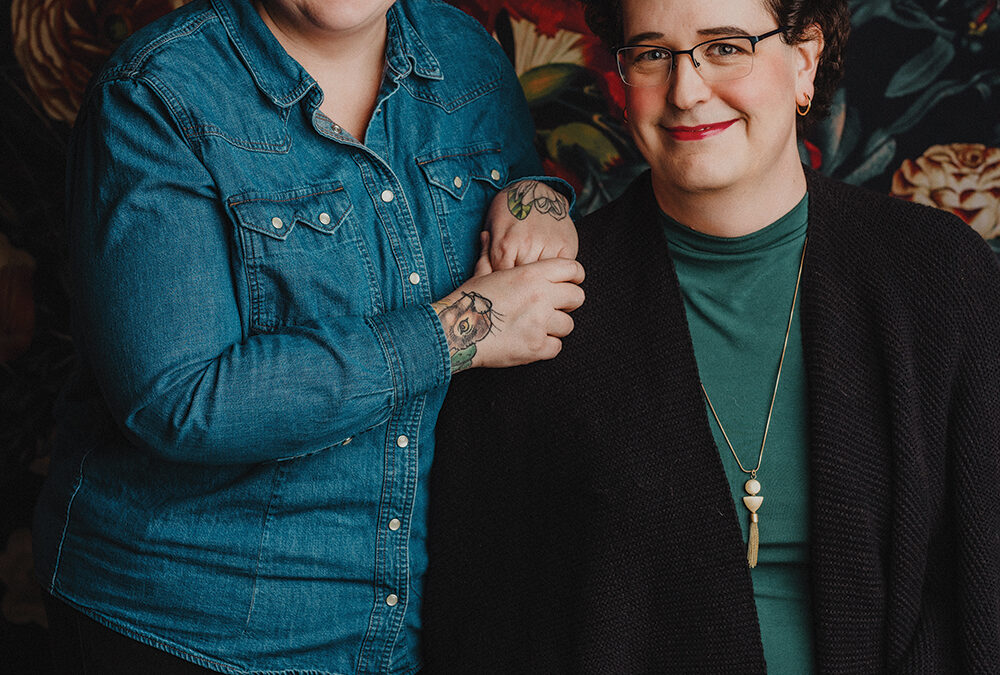










0 Comments